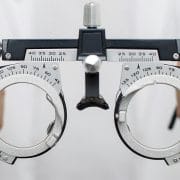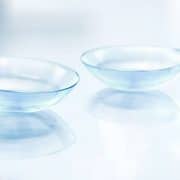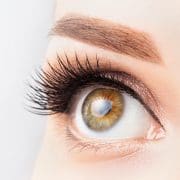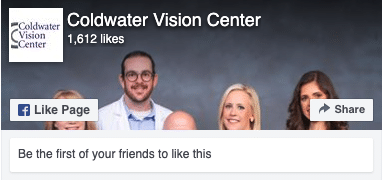A Look at the Often-Missed Signs of Diabetic Retinopathy in Its Early Stages
Diabetic retinopathy is one of the most common problems diabetics can face with their eyes. Unfortunately, many people who have diabetes dismiss the symptoms they experience, which means the condition continues to progress unkempt and unchecked by a qualified professional.
Small Floaters in the Eyes
Floaters look like small dark shadows in your field of vision. Some people see floaters as “strings” of black or grey in their field of sight. Most of the time, these floaters are hard to focus on to get a good look because they move when you redirect your gaze. These floating bits are actually shadows of blood or broken vessels that are floating around in the fluid at the back of your retina. These can be directly linked to diabetic retinopathy.
Changes in Vision That Come and Go
One of the trademark symptoms of unstable blood sugar levels is changes in vision that seem to come and go. When blood glucose levels are higher, it can mean you cannot see quite as well. If you are doing what you can to maintain blood glucose levels by eating a good diet and following the doctor’s guidelines, these issues should happen less frequently. But if you persistently have variances in your visual abilities, it can also be a sign of diabetic retinopathy.
Pain in the Eyes or Pressure in the Eyes
Pain or feelings of pressure in the eyes can be a sign of diabetic retinopathy, but this issue is perhaps one of the most commonly dismissed symptoms. It is easy to assume your eyes hurt because you are tired, not getting enough sleep, or perhaps spending too much time watching a screen. However, this pain and pressure can come from inflammation of the blood vessels in the sensitive parts of the eyes.
Keep Track of Your Eye Health with an Optometrist in Coldwater, MS
Diabetes can have a detrimental effect on several aspects of your physical health, including the health of your eyes. If you are diabetic, it is important that you have your eyes checked regularly for signs of trouble. Reach out to us at the Coldwater Vision Center in Coldwater, MS to schedule an appointment.




